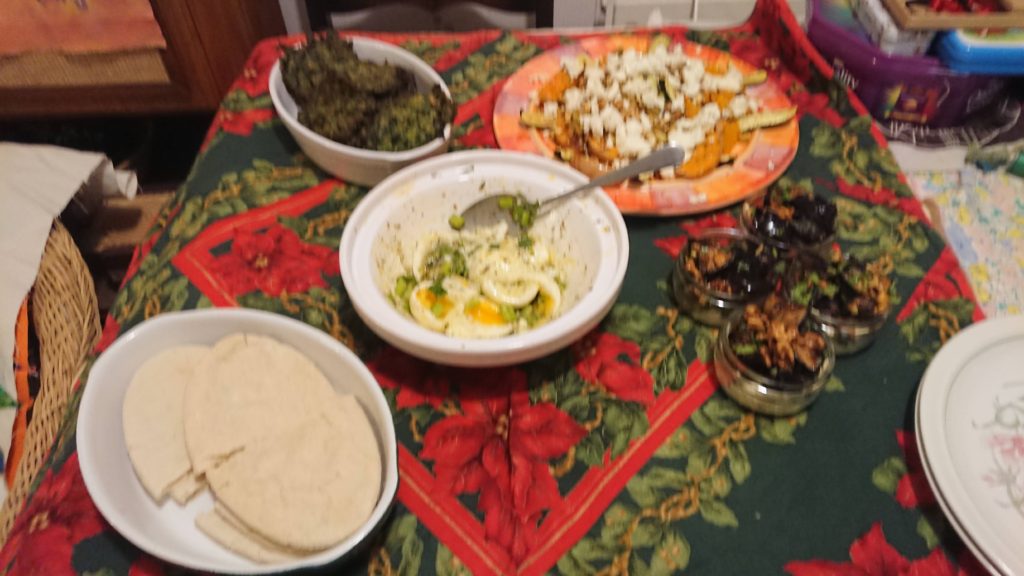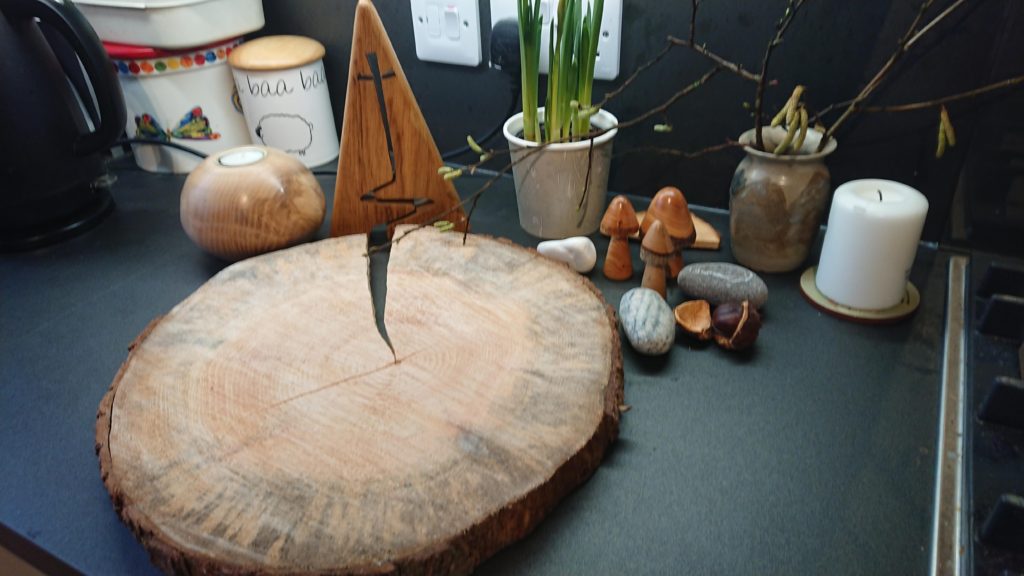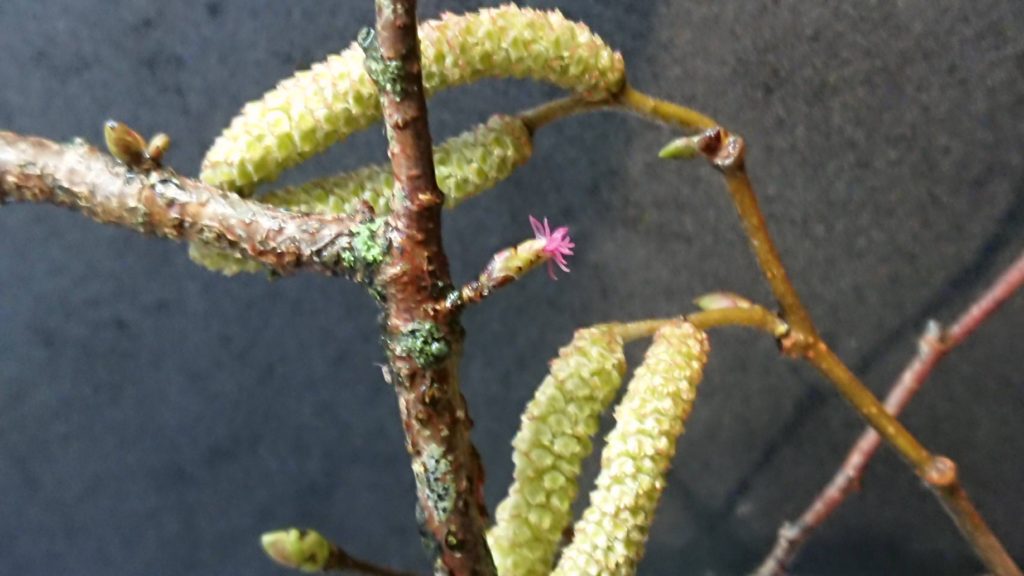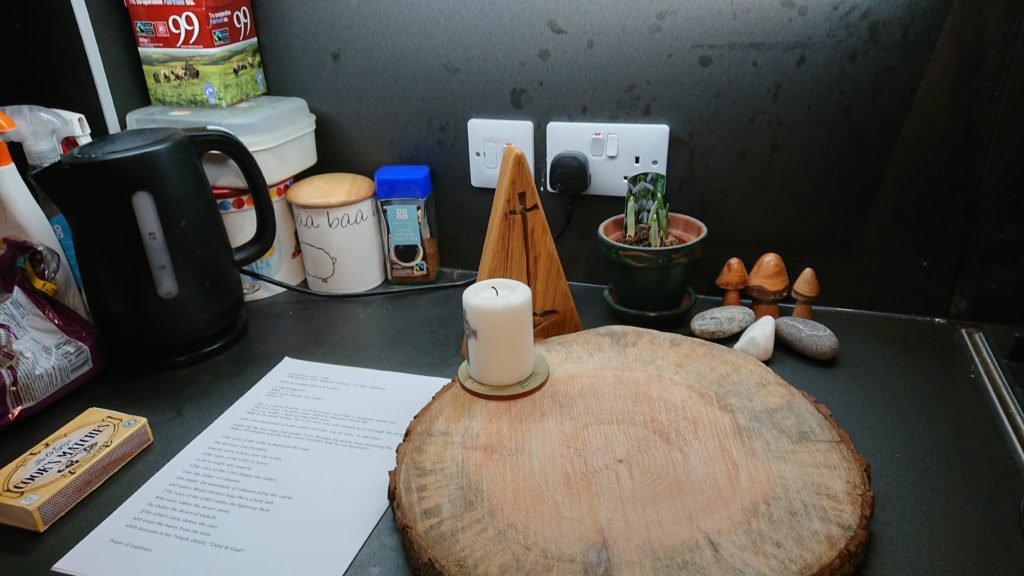Dear Benedict,
This week we saw the death toll of those people in UK who have died from COVID19 go above 100,000. To this news there is only, initially at least, silence. There may also be weeping, anger, denial, and many other things, but respectful silence at this loss of life is fundamental, whatever we do next.
Indeed there are many kinds of silence. Even if we are silent that doesn’t mean other things are not happening around and within the silence. Your Rule recognised this in chapter 42. Silence has many important functions: to rest, to listen, to affirm, to show respect, to indicate agreement or awe for example. And of course silence may be our only response if our voice has been taken away.
It is partly because of the complexity of silence that we must examine it again and again. It is too simple to say we live in a noisy world and therefore we all need silence. What kind of silence we might need and what kinds of silence are unhelpful need to be considered.
It is now well known that the silence that follows abuse of different kinds (but which are essentially different aspects of the misuse of power one over another) is a damaging kind of silence. Unfortunately no institution, not least the Church, can claim indemnity to this kind of abuse. Some of that silence has included the silence of unquestioning loyalty or fence sitting as well as the silence of cover up, threat and complicity. These may not have been the kinds of silence you were writing about but they have crept poisonously into many communities and we have to be alert to them. Many have been damaged by them and that damage is still causing havoc in people’s lives. A traumatised person said :’Every time I retell my story I am traumatised again’. Thus the breaking of silence also creates its own traumas.
It was my work as a speech therapist that first bought me face to face with many layers of silence and was one to the things I bought into ministry. However, it has never been a comfortable gift. Even this week, considering when to keep silent and when to speak have been once again on my mind when faced with evidence of the effects of unhealthy silences on people in different places. It can be a heavy thing to carry, which is why the Great Silence is so important: a time and place to put even silence down.
It is like that action a cook takes when folding flour into beaten eggs and sugar to make a cake. The dry mixture is folded, not beaten, into the wet and you can see them meeting each other, one gradually becoming the other, as they are folded together. Try it and see what you make of it.
And as you do, in this week of all weeks, let your silence take up the unspoken names of those affected by the current Pandemic and in other ways, in memory of those caught up in the holocaust and other genocides, those survivors of abuse and any who are unable to break out of unhealthy forms of silence. May the silence we enjoy be true silence of the embrace of the Holy One. May it be the ground of our being and the strength from which we emerge to serve the world.
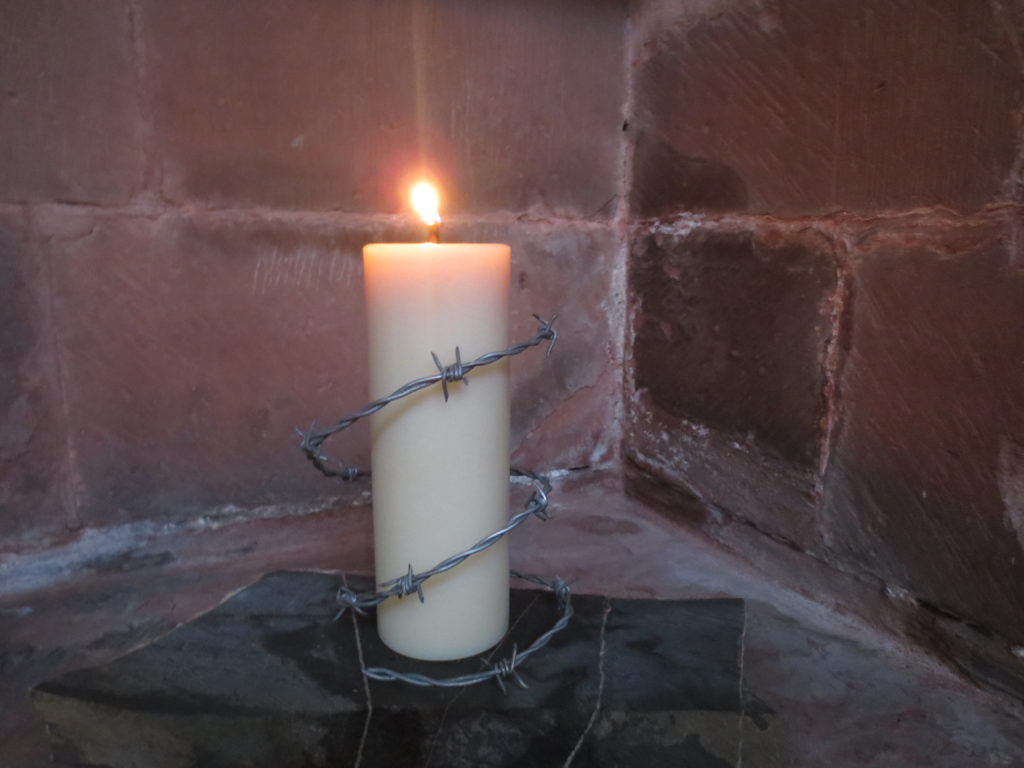
From the remembered bible: Be still and know God.
I crawl into your silence.
From a Friend of Scholastica and a Member of the Lay Community of St Benedict.

